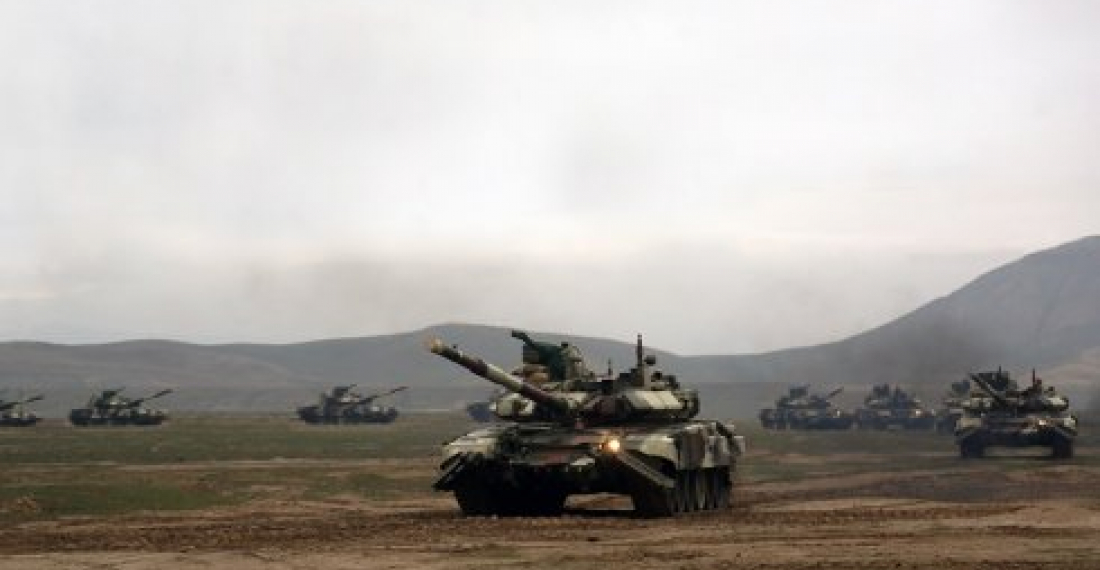Voices from the international community have expressed serious concern following the outbreak of fighting this morning in the Nagorno-Karabakh conflict zone, amid calls for Armenia and Azerbaijan end to end hostilities and descalate.
William Murray has been monitoring international reaction from the commonspace.eu media centre in The Hague:
In a statement this morning the Russian Foreign Ministry called for an immediate cease fire following reports of intensive fighting across the line of contact in the Nagorno-Karabakh conflict zone.. The Russian media is also reporting that the Russian foreign minister Sergey Lavrov and Turkish foreign minister Mevlut Cavisoglu discussed the situation on the phone this morning.
In Tbilisi, Irakli Sesiashvili, chairman of the Georgian Parliament's Defence and Security Committee, has reportedly said, "We and the international community are concerned about the events in Karabakh".
From Strasbourg, Marija Pejčinović-Burić, the Secretary General of the Council of Europe, has released the following statement calling for an immediate end to the current hostilities:
"I am gravely concerned about reports of military escalation of the Nagorno-Karabakh conflict. I call on our Member States Armenia and Azerbaijan to show responsibility and restraint by immediately stopping hostilities.
"When entering the Council of Europe, both countries committed themselves to solving the conflict by peaceful means, and this commitment is to be strictly respected.
"In these difficult times my thoughts go to the civilians - including children, women, and the elderly -who once again feel more vulnerable than ever, as well as to all those suffering from the conflict.
"On behalf of the Council of Europe, I call on the authorities of our two Member States to do everything possible to protect human lives and not to engage in military conflict. No efforts should be spared to stop the escalation.
"In this respect, we reiterate our support for the OSCE Minsk group Co-chairs in their work to help our Member States find a peaceful solution to this conflict."
source: commonspace.eu
photo: a Battle tank in the Nagorno-Karabakh conflict zone (archive picture)






